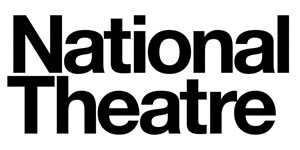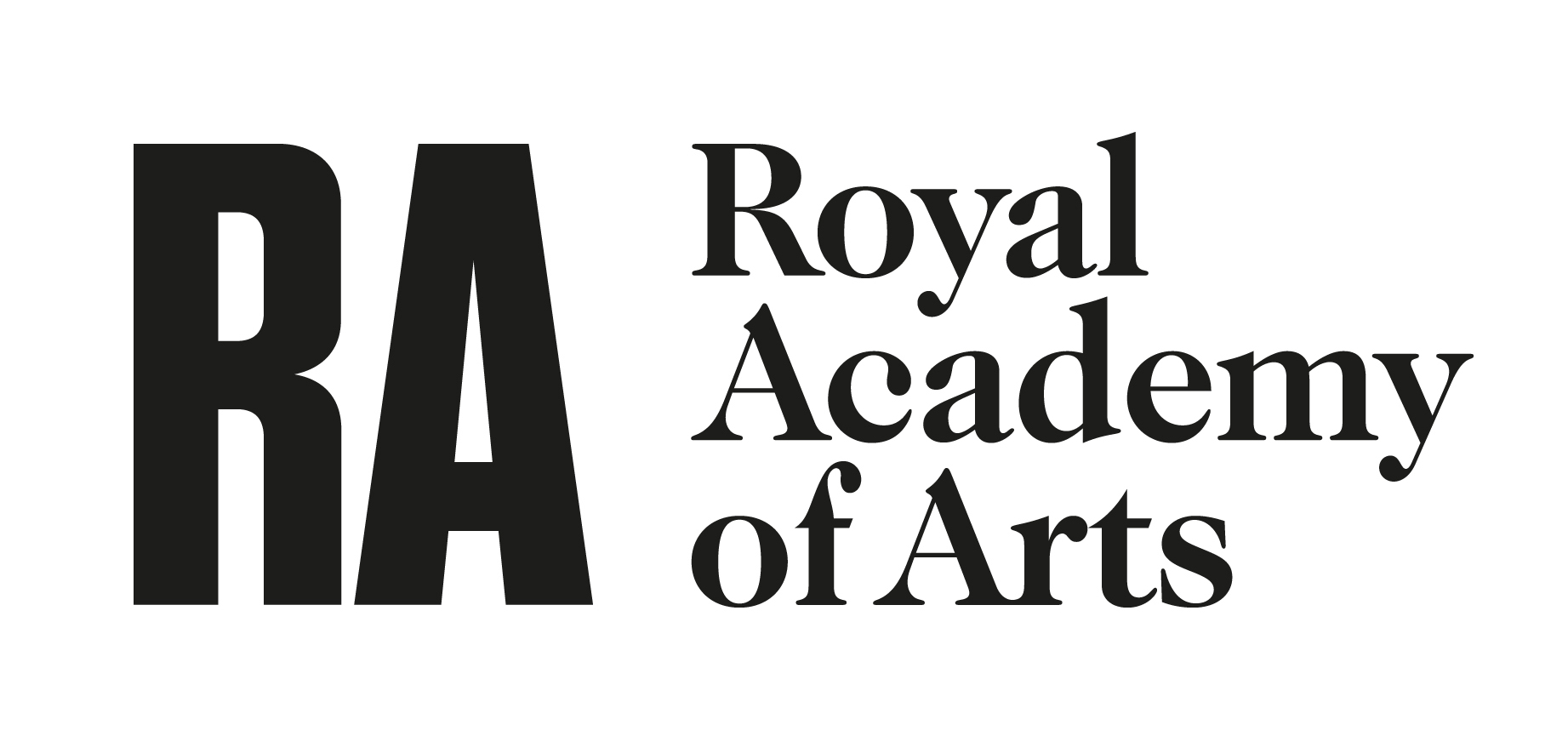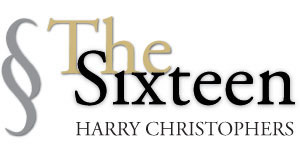Press Releases
First Catholic service to be celebrated at the Chapel Royal, Hampton Court Palace in over 450 years
5 January 2016
Henry VIII’s chapel to be setting for historic service with Cardinal Nichols celebrating Vespers and the Bishop of London, Dean of the Chapel Royal, preaching.
History will be made on the evening of Tuesday 9 February when the Genesis Foundation and the Choral Foundation bring together leaders of the Catholic Church and the Church of England for the first service according to the Latin Rite of the Catholic Church to be celebrated since the 1550s at Hampton Court Palace’s Chapel Royal.
This historic service of Vespers in King Henry VIII’s chapel will be celebrated by His Eminence Cardinal Vincent Nichols and will include a sermon from The Rt Revd and Rt Hon Dr Richard Chartres, KCVO, Bishop of London and Dean of Her Majesty’s Chapels Royal – an unprecedented coming together of the Catholic and Anglican churches on such an historically important site.
Celebrated mostly in Latin, another first in over 450 years, Vespers will be dedicated to St John the Baptist as the Chapel Royal was built by Cardinal Wolsey on the site of a chapel of the Knights of St John Hospitaller, dedicated to that Saint.
Members of the public will have the chance to attend this service through a free ballot.
The musical element of the service has been chosen and will be performed by Harry Christophers and his ensembles The Sixteen and Genesis Sixteen. Paying tribute to the rich and turbulent religious history of the Chapel Royal, the ensembles will sing Thomas Tallis’ Magnificat, William Cornysh’s Salve Reginaand John Taverner’s ‘Leroy’ Kyrie.
Before Vespers is celebrated, the Cardinal and Dean will be in conversation under the heading Faith and the Crown in the Great Hall. Their discussion will be wide-ranging and will address the relationship between the two churches and the monarchy. Taking the Chapel Royal as their starting point, the two men will discuss its role in maintaining elements of Catholic worship to the present day. The emphasis will be very much on exploring the bonds between their churches and the dialogue they have had over the centuries, many of which are exemplified by the Chapel Royal during its often turbulent history.
Founder and Chairman of the Genesis Foundation, John Studzinski said:
“Dialogue between faiths is much needed and welcomed in these turbulent times. We need to recognise that we have more in common than not. I’m therefore delighted that the Genesis Foundation is enabling the Catholic and Anglican churches to engage in dialogue on this site that is so rich in history, both theological and musical. It will be an unforgettable occasion and is genuinely one for the history books.”
Michele Price, Director of Development, The Choral Foundation said:
“The Chapel Royal at Hampton Court played centre stage to the religious changes in the 16th Century. Its musicians and composers met the challenge of serving the spiritual needs of Henry VIII, Edward VI, Mary I and Elizabeth I, by producing new and beautiful music and in so doing became ‘the cradle of English church music.’ This historic occasion enables us to explore our rich heritage and bring together Christian traditions as we celebrate 500 years of Hampton Court Palace.”
All press enquiries to Simon Millward 020 3077 4940 / simon@albion-media.com at Albion Media
Notes to Editors
Tuesday 9 February 2016, Chapel Royal, Hampton Court Palace
Discussion: 5.30pm – 6.30pm, Great Hall
Vespers: 7pm – 8pm
The Genesis Foundation, established by John Studzinski in 2001, plays an active role in nurturing and developing the careers of outstanding young artists in the fields of music, theatre and the visual arts.
Based in London, the Foundation works in partnership with the leaders of prestigious, progressive arts organisations such as the Royal Court, The Sixteen, Welsh National Opera and the Young Vic, funding programmes that support young directors, playwrights and musicians in the early stages of their professional lives. In addition, the Foundation awards scholarships to outstanding students at LAMDA and commissions new works that have ranged from choral compositions to an online art game.
In July 2015 the Genesis Foundation announced its funding of a new programme at New York’s Signature Theatre: Residency Five will guarantee nine playwrights three new productions over the course of a five-year residency.
https://genesisfoundation.org.uk/
The Choral Foundation preserves and promotes the unique heritage of English Choral Music at The Chapel Royal, Hampton Court Palace and makes it accessible to all. It was established to ensure that worshippers and visitors can discover and continue to experience the rich musical tradition of Hampton Court at services, recitals and special events.
http://www.chapelroyal.org/choralfoundation.html
His Eminence Cardinal Vincent Nichols
His Eminence Vincent Nichols is the Cardinal Archbishop of Westminster.
Born in Crosby, Liverpool, on 8 November 1945, Cardinal Nichols was ordained to the priesthood in Rome on 21 December 1969.
He was ordained Auxiliary Bishop of Westminster on 24 January 1992.
In 1998 Cardinal Nichols was appointed Chair of the Bishops’ Conference Department for Catholic Education and Formation and also Chair of the Catholic Education Service.
In 2000, he was appointed Archbishop of Birmingham.
He was elected President of the Catholic Bishops’ Conference of England and Wales on 30 April 2009 and was Installed Archbishop of Westminster on 21 May 2009.
Cardinal Nichols received the Pallium in Rome from Pope Emeritus Benedict XVI on 29 June 2009, the Feast of Saint Peter and Paul.
Pope Francis elevated him to the rank of Cardinal in St Peter’s Basilica on 22 February 2014.
The Rt Revd & Rt Hon Dr Richard Chartres, KCVO, Bishop of London and Dean of Her Majesty’s Chapels Royal
Richard Chartres became the 132nd Bishop of London in November 1995. He was ordained in 1973 and served as a curate in St Andrew’s Bedford. In 1975 he was appointed Chaplain to Robert Runcie, then Bishop of St Albans, and from 1980-84 he served as the Archbishop’s Chaplain at Lambeth and Canterbury. He moved to St Stephen’s Rochester Row in the Diocese of London in 1984. During eight years in the parish he also served as Director of Ordinands for the Central Area and as Gresham Professor of Divinity. He was consecrated Bishop of Stepney on 22 May 1992.
After his move to the see of London, he was appointed Dean of HM Chapels Royal in 1996 and a Privy Counsellor.
He is President of Bible Society, an Honorary Bencher of the Middle Temple, Chairman of the Ecumenical ‘London Church Leaders’, a Fellow of the Society of Antiquaries, a WWF-UK Ambassador and is associated with numerous other London organisations.
He deputises for the Archbishop of Canterbury as Chairman of the Board of Governors of the Church Commissioners. He is also responsible on behalf of the Archbishop for relations with the Orthodox Churches. He is founder and life president of St Ethelburga’s Centre for Reconciliation and Peace.
Harry Christophers and The Sixteen
After 32 years of worldwide performance and recording, The Sixteen is recognised as one of the world’s greatest ensembles. Comprising both choir and period-instrument orchestra, The Sixteen’s total commitment to the music it performs is its greatest distinction. A special reputation for performing early English polyphony, masterpieces of the Renaissance, bringing fresh insights into Baroque and early Classical music and a diversity of 20th-century music, is drawn from the passions of conductor and founder Harry Christophers.
The Sixteen are ‘The Voices of Classic FM’ and Associate Artists of The Bridgewater Hall, Manchester. The group promotes The Choral Pilgrimage, an annual tour which aims to bring music back to the buildings for which it was written. Over 100 recordings, including many award-winners, reflect The Sixteen’s quality in a range of work. In 2009 The Sixteen were given the accolade of the Classic FM Gramophone ‘Artist of the Year’ award [the only ensemble in the award’s history to ever win this category] as well as winning ‘Baroque Vocal’ for their recording of Handel’s Coronation Anthems. In 2012 Harry Christophers received a CBE for services to music in The Queen’s Birthday Honours List. www.thesixteen.com
Genesis Sixteen is The Sixteen’s free young artists’ scheme which aims to nurture the next generation of talented ensemble singers. During the course of a year, a series of week-long and weekend courses are led by key figures from The Sixteen, including founder and conductor Harry Christophers and Associate Conductor Eamonn Dougan.
Participants receive group tuition, individual mentoring and masterclasses run by some of the industry’s top vocal experts. Thanks to a close partnership with the Genesis Foundation participants not only receive free tuition but also a bursary to cover all additional costs. This is the UK’s first ever fully-funded programme of its kind and alumni from the first three years have already had much success since graduating. Many are now performing, recording and touring with professional groups, including The Sixteen. A number of them have set up their own choirs and are showing true entrepreneurialism in developing their brand and reputation on the music circuit.
http://thesixteeneducation.com/
Notes on the composers and music to be performed:
Both Cornyshe and Tallis were Gentlemen of the Chapel Royal.
William Cornyshe in 1509 became Informator Choristarum of the Chapel Royal and led the Chapel Royal’s ceremonies at the Field of the Cloth of Gold in June 1520
Thomas Tallis was a Gentleman of the Chapel Royal and served in the royal household under Henry VIII, Edward VI, Mary Tudor and Elizabeth I. Tallis avoided religious controversies, though he stayed an “unreformed Roman Catholic” under four consecutive monarchs.
John Taverner was Henry VIII’s chief minister and in 1538 Taverner supervised the demolition and burning of the rood screen in Boston parish church as a result of reformation activities. His Leroy Kyrie takes its name from a tune called “Leroy” which appears in many Tudor manuscripts. It is most likely that one of the C15th kings composed it, most probably Henry IV or V being “Le Roi”.






